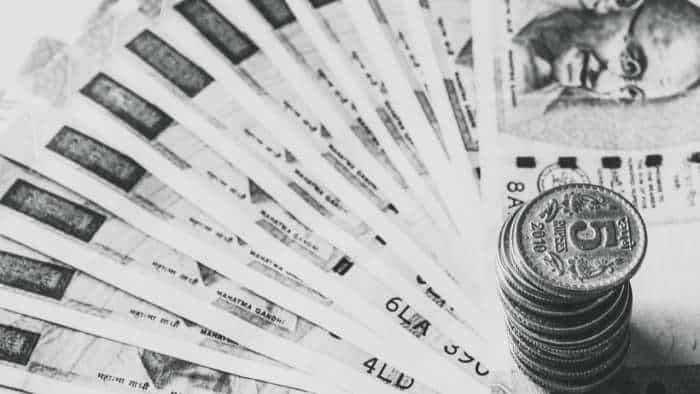Budget 2017: 8-10% cigarette tax, rural stimulus imminent, says FMCG experts

The upcoming budget has all eyes turned to how the government will calm the seas after the demonetisation and Goods and Service Tax (GST) storm in 2016.
Both decisions were considered major for the past year. The parliament passed the GST bill in early August, which came to be known as the biggest tax reform in the country, and PM Modi took the nation by surprise in November with the ban on specified bank notes (SBN).
It’s going to hurt to smoke
With GST head-on, fast moving consumer goods (FMCG) industry experts are concerned about the tax on the cigarette sector.
While concerns over cigarette tax and cigarette prices becoming dearer engulfs the sector every year, this year analysts are saying that an '8-10% tax' will be imminent.
“If GST is estimated to come into play by July there could be no excise increase as GST itself means 60% levy of tax up from the existing 50% on maximum retail price,” an analysts who did not want to be quoted said.
After a lot of speculation of whether the Centre would be able to roll out GST by April 1, the targeted deadline, at the ninth meet of the GST Council, Finance Minister, Arun Jaitley said “…at July 1 would be the ‘realistic’ date to implement GST.”
Not eliminating speculations over delay in GST beyond the specified time the analysts said, “There will not be a levy of both. So if the government predicts early implementation of GST by July 1 or even October, it will not impose a double excise on the commodity. However if GST gets deferred then we can anticipate an 8-10% increase on cigarette tax in the budget. ”
Universal Basic Income & more subsidies
The FMCG sector will also be awaiting macro-economic decisions by the government like that of a ‘rural stimulus.’
Anticipation that the Economic Survey of 2016-17, which will be presented on January 31, will discuss the idea of a Universal Basic Income (UBI) for India.
The Economic survey summarizes the performance on major development programs, and highlights the policy initiatives of the government and the prospects of the economy in the short to medium term.
“To add to the rural employment guarantee scheme, the government may see to it that every rural household gets at least Rs 1,000 either via a new scheme or added in a subsidy benefit programme for kerosene and other subsidies under direct benefit transfer (DBT). This would call for a drive in consumption in the rural areas that constitutes 40-45% of FMCG sectors,” the analyst said.
The government has already provided for National Rural Employment Guarantee Scheme, the Public Distribution Scheme and the DBT scheme, which is expected to continue to prevent ‘subsidy leakage.’
On New Year’s Eve, PM Narendra Modi announced a slew of incentives. These were mainly in the form of interest rate subvention to support the housing and farm sectors, increasing financial support for district co-operative banks and societies to boost farm credit, credit guarantee or tax relief for Micro, Small & Medium Enterprises (MSMEs), among others.
“...the FY18 budget to continue to focus on cash-starved sectors to ease the pain of remonetisation. This could come in the form of increased allocation for the employment guarantee scheme/irrigation projects,” analysts Anubhuti Sahay, Saurav Anand, Kanika Pasricha and Nagaraj Kulkarni from Standard Chartered said in a report dated January 9.
Get Latest Business News, Stock Market Updates and Videos; Check your tax outgo through Income Tax Calculator and save money through our Personal Finance coverage. Check Business Breaking News Live on Zee Business Twitter and Facebook. Subscribe on YouTube.
03:27 PM IST












 Budget 2025 Expectations: What restaurants want from Finance Minister
Budget 2025 Expectations: What restaurants want from Finance Minister Budget 2025: Finance Minister Nirmala Sitharaman holds pre-budget meeting with health, education sector experts
Budget 2025: Finance Minister Nirmala Sitharaman holds pre-budget meeting with health, education sector experts PM Internship Scheme: 6.21 lakh applications received for 1.27 lakh opportunities
PM Internship Scheme: 6.21 lakh applications received for 1.27 lakh opportunities Maharashtra will play key role in achieving India's $5 trillion economy goal: Minister Aditi Tatkare
Maharashtra will play key role in achieving India's $5 trillion economy goal: Minister Aditi Tatkare Finance minister to start pre-Budget consultation with various stakeholders from Dec 6
Finance minister to start pre-Budget consultation with various stakeholders from Dec 6